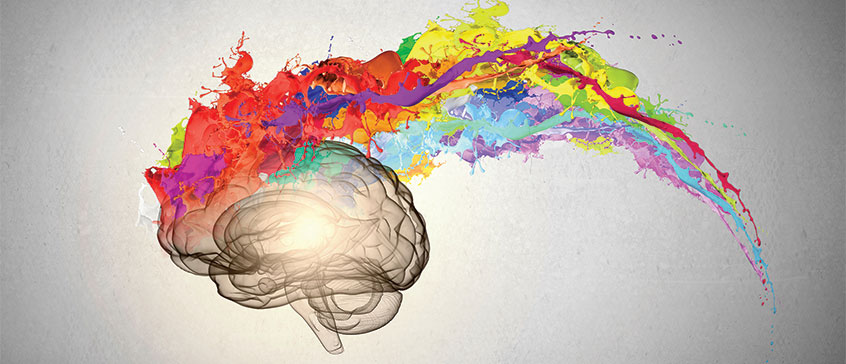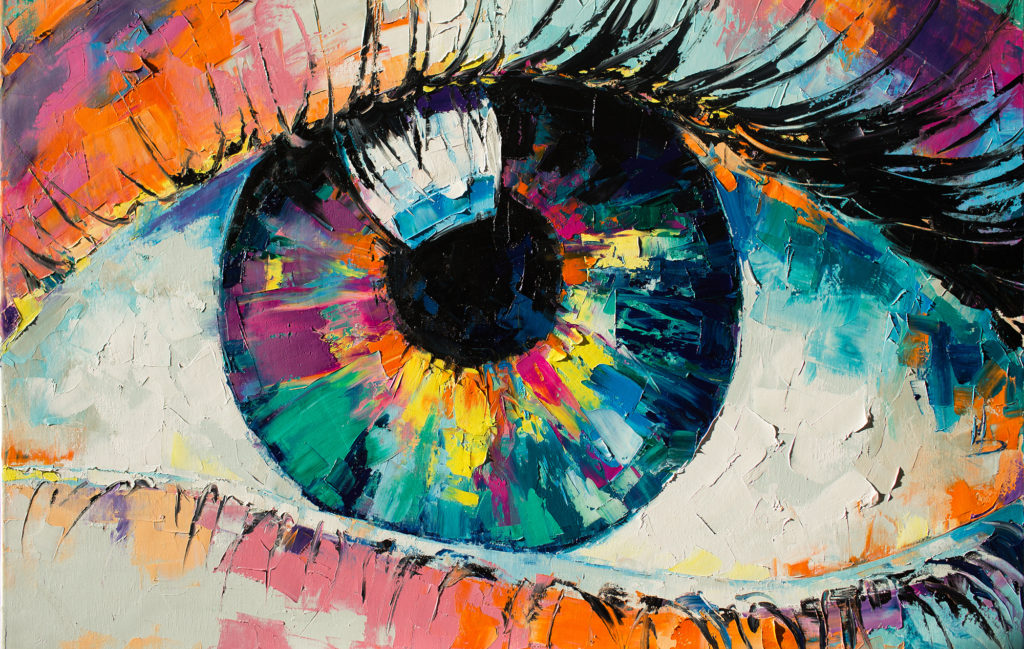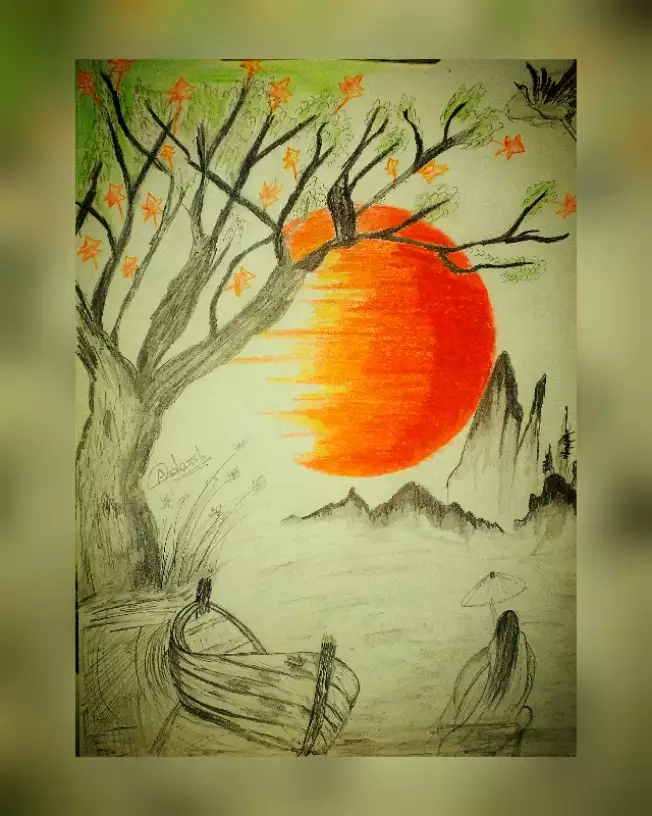The Crossway of Politics and Looks in Trump Art
The Crossway of Politics and Looks in Trump Art
Blog Article
Exploring the Diverse Globe of Artistic Expression: From Surrealism to Abstract Realism
In the realm of creative expression, from the dreamlike landscapes of surrealism to the intricate play of light and kind in abstract realistic look, artists have constantly pressed the boundaries of imagination and creative imagination. As we check out the complex world of art, we are presented with a tapestry of designs, methods, and approaches that challenge our understanding and prompt reflection.
Surrealism: Letting Loose the Subconscious
Surrealism, a progressive imaginative activity of the 20th century, looked into the depths of the subconscious, unveiling a globe of dream-like images and non-traditional juxtapositions. Pioneered by artists like Salvador Dali, René Magritte, and Joan Miró, Surrealism looked for to challenge the conventional means of understanding and seeing art. With strategies such as automatism and dream evaluation, Surrealist musicians aimed to take advantage of the subconscious mind to reveal hidden truths and needs.
One of the crucial aspects of Surrealism was the emphasis on the illogical and the extraordinary. By combining unanticipated elements in their jobs, Surrealist artists aimed to develop a sense of disorientation and shock in the audience. This interruption of reasoning and reason was suggested to provoke a much deeper exploration of the subconscious and the secrets of the human mind.
Abstract Realism: Redefining Understanding
Testing standard creative borders, Abstract Realistic look redefines assumption through the fusion of well-known aspects with abstract types. This cutting-edge technique to art incorporates the representational accuracy of realism with the creative liberty of abstraction, supplying visitors a special aesthetic experience that prompts them to question their assumption of truth.
In Abstract Realism, musicians make every effort to capture the significance of their subjects while also instilling their collaborate with a sense of depth and complexity via abstract elements. By mixing the accustomed to the strange, these artists invite audiences to engage with their items on multiple levels, encouraging them to explore the nuances of type, structure, and shade.

Cubism: Fragmentising Reality
Utilizing geometric kinds and fragmented viewpoints, Cubism revolutionized the artistic representation of truth in the very early 20th century. Created by Pablo Picasso and Georges Braque, Cubism looked for to test conventional ideas of perspective and representation. By damaging down items and numbers into geometric forms and providing them from multiple viewpoints at the same time, Cubist musicians aimed to capture the essence of the subject instead of its literal look. This technique not only deconstructed truth however likewise stressed the flatness of the canvas, leading the way for future abstract art movements.

Cubism can be categorized into 2 main stages: Analytical Cubism, characterized by monochromatic color schemes and complex, fragmented forms; and Artificial Cubism, which incorporated collage elements and brighter shades into the compositions. With these distinct phases, Cubism influenced not only paint but likewise architecture, sculpture, and style. trump art. Its influence resounded across the art globe, inspiring musicians to discover new methods of interpreting and representing the world around them
Expressionism: Feelings on Canvas
Discovering the depths of human emotions with vivid and meaningful brushstrokes, Expressionism became a profound creative movement in the very early 20th century. Unlike previous art motions that concentrated on depicting the outside globe, Expressionism looked into the internal realm of the artist's psyche, intending to evoke raw emotions and provoke natural actions from viewers.
Expressionist musicians, such as Edvard Munch, Egon Schiele, and Emil Nolde, rejected traditional notions of beauty and realism in favor of distorting kind and color to share subjective feelings. Using exaggerated brushwork, strong colors, and distorted figures aided produce a feeling of worry, alienation, or interest in their works.
Among one of the most renowned instances of Expressionism is Munch's "The Scream," which captures the extreme stress why not check here and anxiety and despair of modern-day life through its swirling, distorted number against a blood-red skies. With their emotionally billed jobs, Expressionist musicians sought to test standard creative norms and provide a home window into the unstable midsts of the human soul.
Contemporary Art: Advancing Viewpoints

Among the specifying characteristics of modern art is its continuous development and capability to adapt to changing cultural landscapes. Musicians are significantly incorporating innovation right into their method, obscuring the lines between the physical and digital worlds. This fusion of tools permits ingenious means of storytelling and involving with audiences in a much more interactive More hints way.
Furthermore, modern art commonly offers as a system for social discourse, attending to pressing issues such as identity, politics, and the atmosphere. Musicians are using their job to spark crucial conversations and provoke thought, clarifying the intricacies of the globe we reside in. As perspectives remain to evolve, modern art stays a significant and vibrant force in shaping our cultural landscape.
Conclusion
In verdict, the globe of artistic expression includes a variety of designs and movements, each with its very own special method to sharing meaning and emotion. From surrealism's expedition of the subconscious to abstract realism's redefining of understanding, and from cubism's fragmentation of truth to expressionism's portrayal of feelings, art proceeds to develop and challenge point of views - trump art. Contemporary art mirrors the ever-changing world we live in, offering brand-new methods to interpret and understand the complexities of our truth
As we check out the complex world of art, we are presented with a tapestry of designs, methods, and viewpoints that test our understanding and provoke reflection. Its effect reverberated throughout the art world, inspiring artists to check out new means of representing the world and analyzing around them.

Report this page